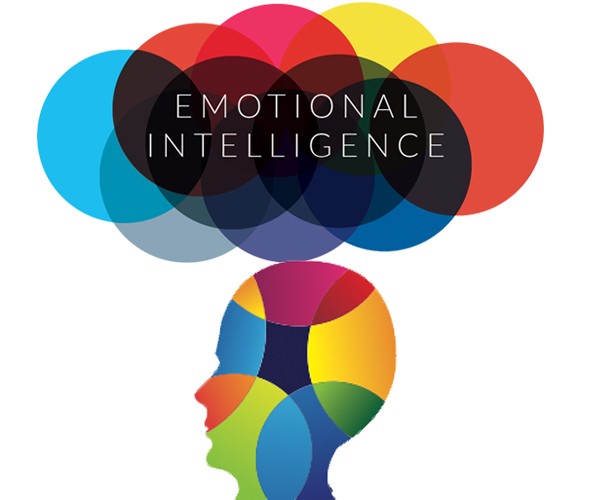What are the 4 types of emotional intelligence?

What are the 4 types of emotional intelligence?
The Four Types of Emotional Intelligence: A Simple Guide
Emotional intelligence is a way to understand and manage emotions, both our own and others’. It’s an important skill for building strong relationships and making good decisions. There are four main parts of emotional intelligence: self-awareness, self-management, social awareness, and relationship management.
1. Self-Awareness
Self-awareness means knowing your own emotions. It’s like being able to step back and see what you’re feeling and why. A famous example of self-awareness comes from Mahatma Gandhi. He was known for his deep understanding of his emotions, which helped him stay calm and focused during India’s fight for independence. Gandhi once said, “You must be the change you wish to see in the world.” He knew that understanding and controlling his own emotions was the first step to making a big change.
2. Self-Management
Self-management is all about controlling your emotions, especially in tough situations. During World War II, Winston Churchill, the Prime Minister of the United Kingdom, had to manage his emotions to lead his country through a very difficult time. Despite the stress and fear, Churchill remained calm and optimistic. He famously said, “Keep calm and carry on.” His ability to manage his emotions helped keep the country’s spirits high during the war.
3. Social Awareness
Social awareness is the ability to understand other people’s emotions. It’s about empathy, or putting yourself in someone else’s shoes. A powerful example of social awareness is Martin Luther King Jr. During the Civil Rights Movement in the United States, Dr. King deeply understood the pain and anger of African Americans who were facing discrimination. His famous “I Have a Dream” speech showed his empathy and his vision for a better future for everyone. He said, “Injustice anywhere is a threat to justice everywhere.” His social awareness helped him connect with people and lead a movement for change.
4. Relationship Management
Relationship management is the ability to build and maintain strong, positive relationships with others. It’s about good communication, teamwork, and resolving conflicts. A great example is Nelson Mandela, who worked to end apartheid in South Africa. Even after being imprisoned for 27 years, Mandela managed to build relationships with his former enemies. He said, “If you want to make peace with your enemy, you have to work with your enemy. Then he becomes your partner.” Mandela’s skill in relationship management helped him unite a divided nation.
Why Emotional Intelligence Matters
Research shows that people with high emotional intelligence tend to have better mental health, job performance, and leadership skills. A study by psychologist Daniel Goleman, who popularized the concept of emotional intelligence, found that emotional intelligence is often more important than IQ in determining success in life. Goleman said, “In a very real sense, we have two minds, one that thinks and one that feels.” Balancing these two minds is key to living a successful and fulfilling life.
In summary, the four types of emotional intelligence—self-awareness, self-management, social awareness, and relationship management—are essential skills for anyone who wants to build strong relationships and lead a successful life. By learning from history and practicing these skills, we can all become more emotionally intelligent